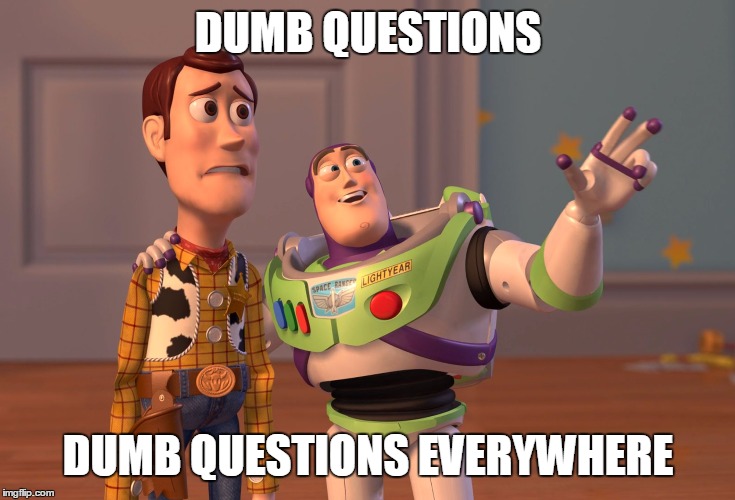Asking the right questions

Being able to ask the right questions and in an understandable way is one of the most important abilities in an age where all information are available to you instantly, and you only have to find them.
This applies to many fields and there are many different types of questions with different rules for what makes a good question. Here I want to focus on questions that you may ask another human being when seeking for help and support with a problem. From my experience many people, especially on the internet, are missing the basic ability to ask questions in a way that your conversation partner has a chance to help you.
Bad Questions
From developing and maintaining a software product with a few hundred thousand users I have seen a lot of ways to not ask a question.
So what makes a bad question? Let's see some examples:
1. Hey, you there?
This is probably the worst thing you can do. Asynchronous communication is one of the biggest benefits of communicating via messages. You can send a message at any time and I will read and respond to it when I have the time. By asking this you just cause more waiting time for yourself, as this requires me to respond before I even know what your problem is.
In most cases you will not get a response to this kind of message at all.
2. Can I ask you a question?
Don't ask to ask! If you have a question, just ask it. There is no reason to ask if you are allowed to ask. That makes no sense and just takes away time from yourself and the one that you are asking.
3. Hey, I have a problem! Can you help me?
I can't read your mind. There is no way for me to know what your problem is and I can therefore not even say if I can help you with it. Just describe your problem and I will help you if I can. This again just causes another response cycle and takes time from everyone.
4. Hey, this thing doesn't work!
Okay, I see we are getting slightly better. Okay, you have a problem and you have also mentioned that something isn't working. But what about it doesn't work? Do you get an error? Does nothing happen? What are you even trying to do?
Three Rules for a Good Question
1. Mention what you are trying to do
When trying to ask good questions it's important to mention what you were trying to do. This gives the other one information about where the issue arised and if what you were doing even made sense. I have seen many cases where problems of users were caused by using the product in a wrong way, these problems can quickly be solved if you mention clearly what your intentions were and how you planned to achieve them.
2. Mention what you expected would happen
What did you expect would happen when doing what you did? Make it clear what your intention was and what you thought would happen. This makes it easier to understand if what you were doing was inherently wrong or if there is an actualy problem with the product.
3. Mention what happened instead
What happened instead? Include what happened instead of what you expected. This makes it easy to debug your issue and see if there is a real problem. Include screenshots or copy paste error messages here.
When following these three simple rules you can make your own life and the life of your opponent so much easier and the overall support process faster. It's important to still keep your questions as concise as possible and only include information that are actually relevant. It does not help to add unrelated information just to include as much as possible.